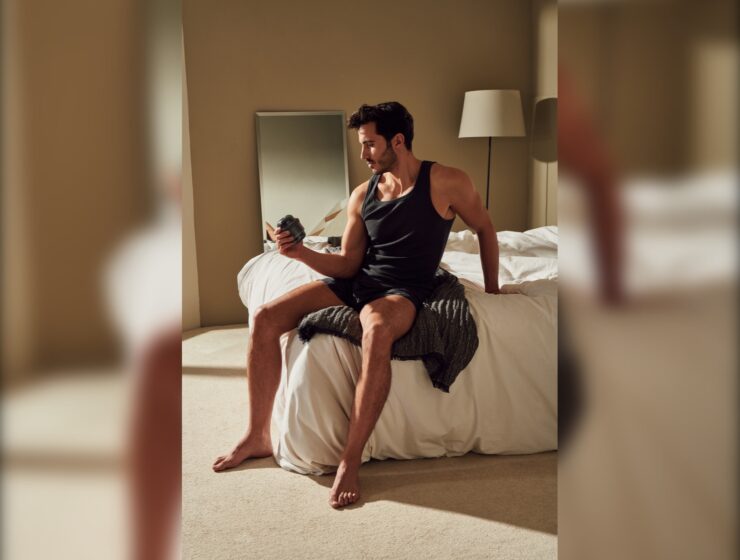In our LGBTQIA+ glossary, we explained a few different terms relevant to our community and allies. This glossary focuses more on sexual orientation, which is a separate issue from gender. As language evolves to reflect the society we live in and the people who create it, this is by no means a complete dictionary of sexuality, more a helpful start for those who’d like to know more about the wonderful diversity of sexuality.
What is Sexual Orientation?
Sexual orientation is about who or what you like, basically! Simple, but there are so many different strokes for so many different folks… Read on to find out more for all of you asking “what is sexual orientation”?
Types of Sexual Orientation
The sexual orientation spectrum is vast and wide, so check out our list of sexual orientation definition terms below.
Heterosexual
Heterosexual means men and women who feel emotionally and/or sexually attracted to the opposite sex. In other words, men who love women, women love men. This orientation is still seen as the “norm” in society.
Homosexual/Gay
Men feel attraction to other men – both physically and emotionally. Many lesbians also use the term “gay” to describe themselves as the word “lesbian” is often over-sexualised in pornography.
Lesbian
Women who are exclusively emotionally and physically attracted to other women. Increasingly, people use the term “wlw” (which stands for “women loving women”) to include women who are attracted to women, but are also attracted to other genders, such as bisexual and pansexual women.
Bisexual
In this case, this is a man or a woman who feels sexually and emotionally attracted to both men and women. They may enter a relationship with either a man or woman. The manner of attraction bisexuals experience towards men and women may be different, either in vibe or type (ie. they may be physically attracted to men and women but only romantically attracted to women).
Questioning
People who are questioning are literally questioning their sexuality – they may be uncertain whether they are attracted to men or women, for example. Questioning one’s sexuality is perfectly normal – most people will experience questioning their sexuality at some point in their lives, even if it is a one-off crush or moment of arousal.
Asexual (Ace)
Those who identify as asexual feel little or no sexual attraction to other people. This doesn’t mean that asexual people can’t or don’t want to form emotional connections. Some do not experience sexual arousal but still wish for a relationship. Others only feel sexual arousal in contact with their own body. Most asexual people feel that a lack of sexual arousal is not a medical or psychological issue, but rather an integral part of their identity, so differ greatly from allosexual (non-asexual people) temporarily experiencing a loss of libido.
Graysexual
People who are on the asexual spectrum, who do not feel sexual attraction terribly often, or only fleetingly or rarely.
Pansexual
Pansexual people feel emotionally and sexually attracted to people of all sexes and genders. Pansexuals differ from bisexuals in that bisexuals may have preferences (both sexual and romantic) between men, women or non-binary people, whereas pansexuals find gender largely irrelevant when experiencing attraction.
Androsexual / Androphilia
Androsexuality refers to sexual attraction towards men, regardless of the gender of the person experiencing that attraction. Androsexuals include gay men and straight women.
Gynesexual / Gynephilia
The counterpart to androphilia is gynephilia. This means the sexual attraction to women, such as lesbians and straight or bisexual men.
Autosexual
Autosexual describes the preferred sexual attraction to oneself. Masturbation and solo sex are therefore expressions of autosexuality.
Demisexual
Demisexual people only feel sexual arousal if there is already a strong emotional bond between themselves and the other person.
Further articles

One thing the brand Womanizer is especially proud of? Its global pool of testers. People from all over the world regularly test prototypes and products and take part in surveys to offer feedback. This feedback is taken really seriously and is used to improve toys, as well as fulfil the wishes of our customers. The best example? Both of the new Womanizer Premium colors were chosen by you the customer….







